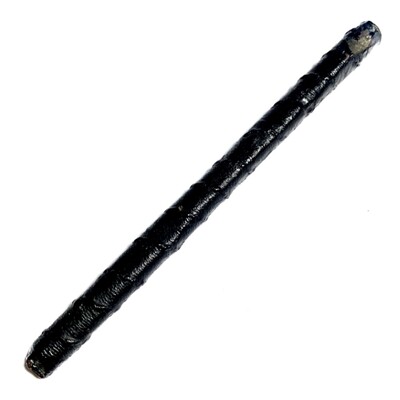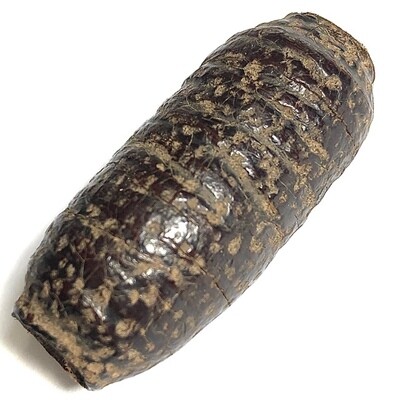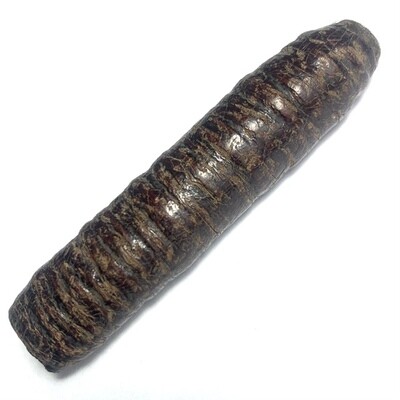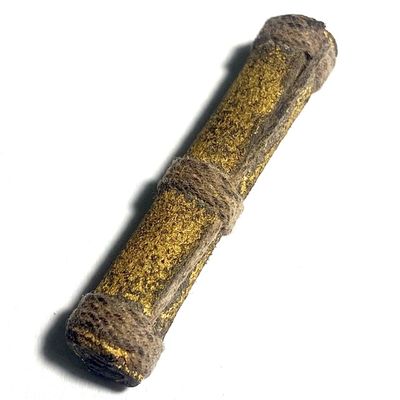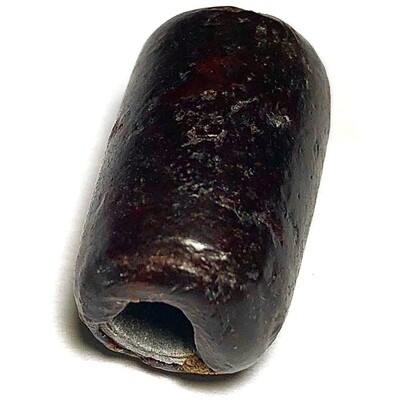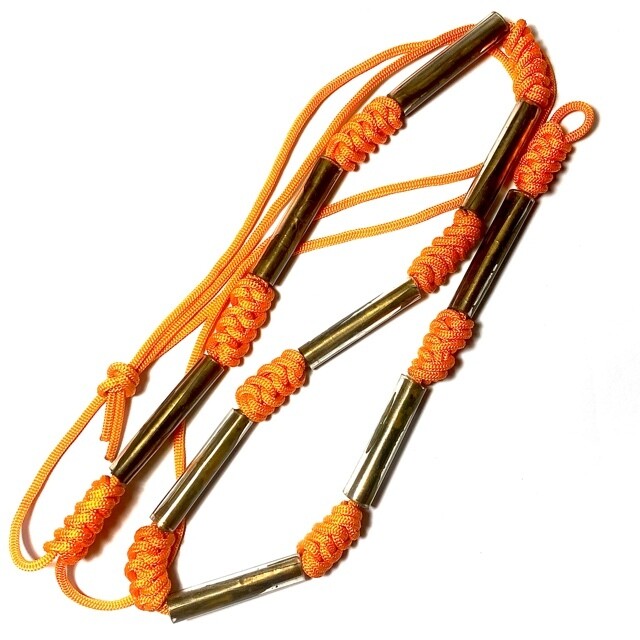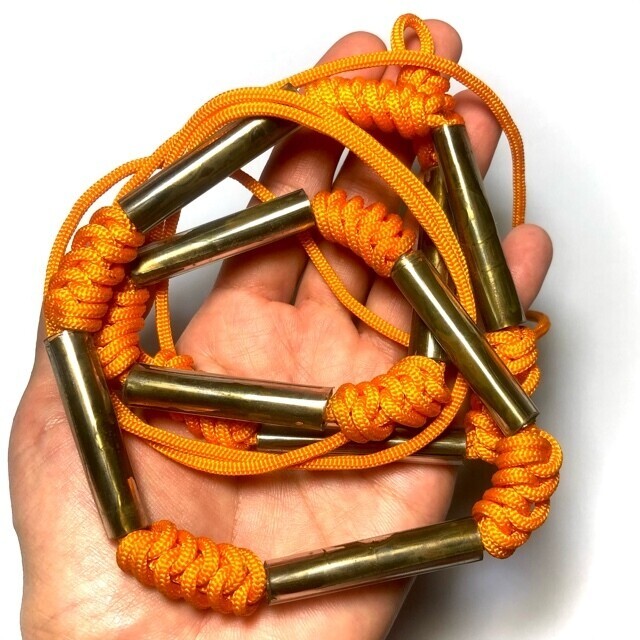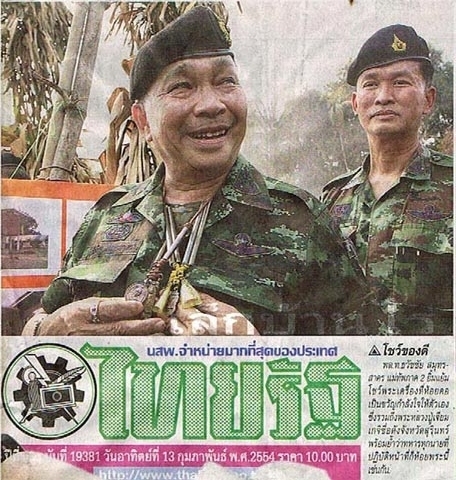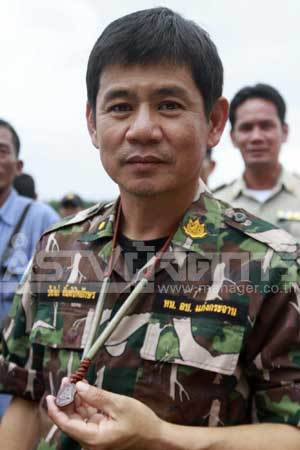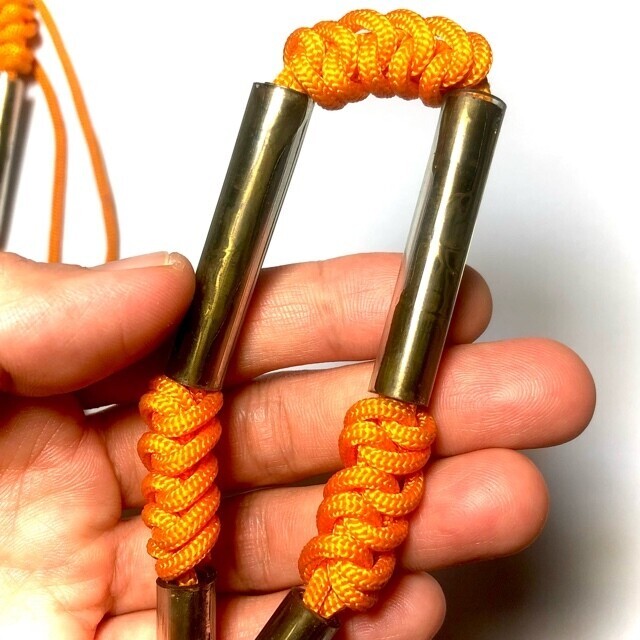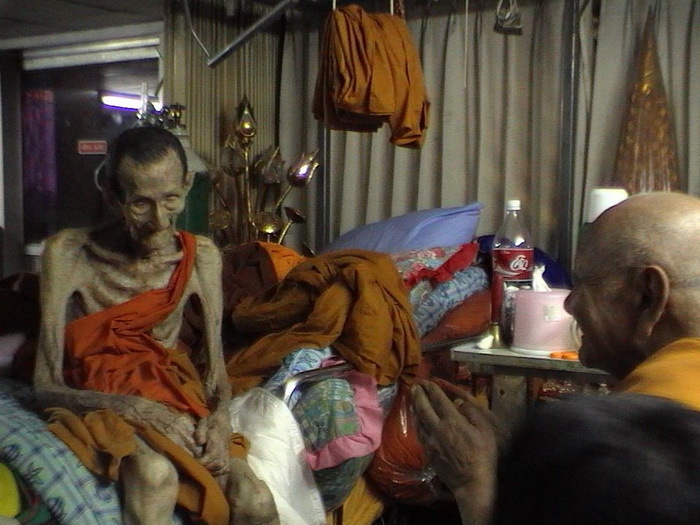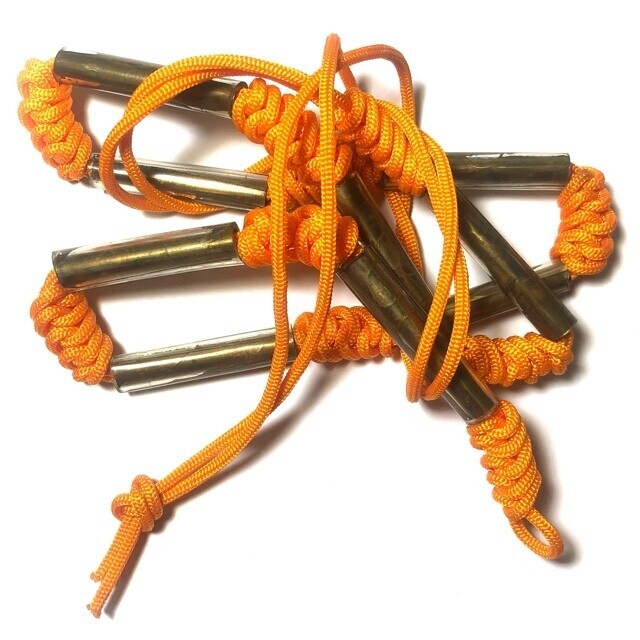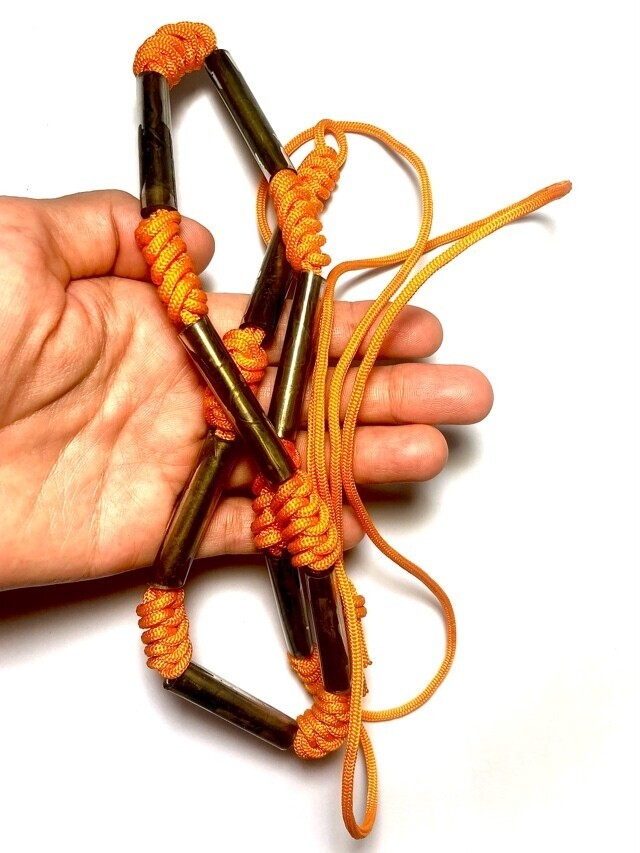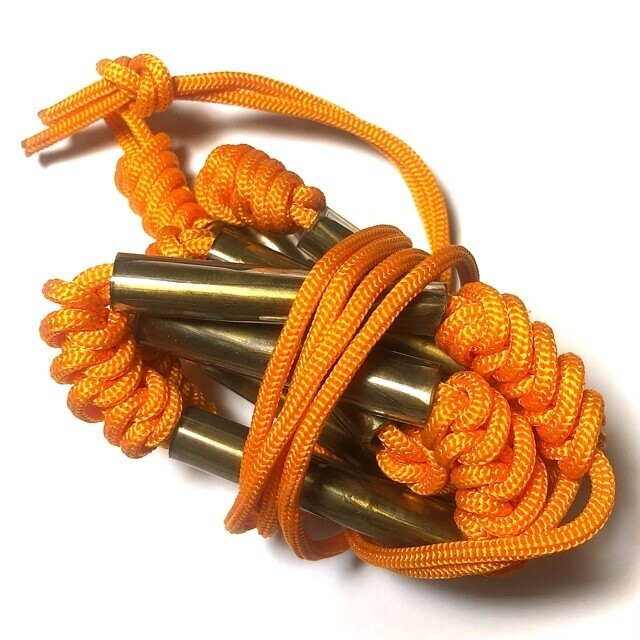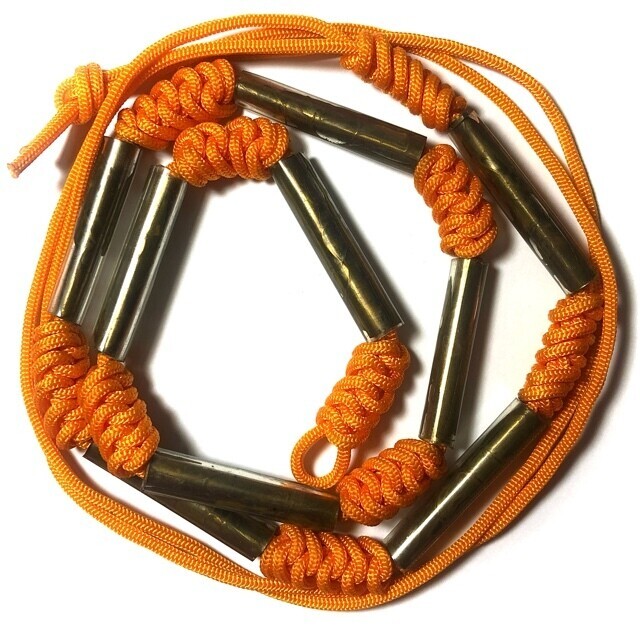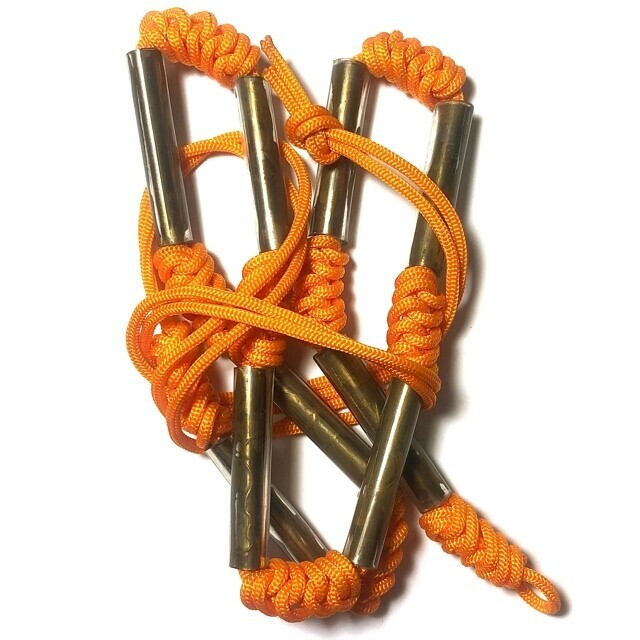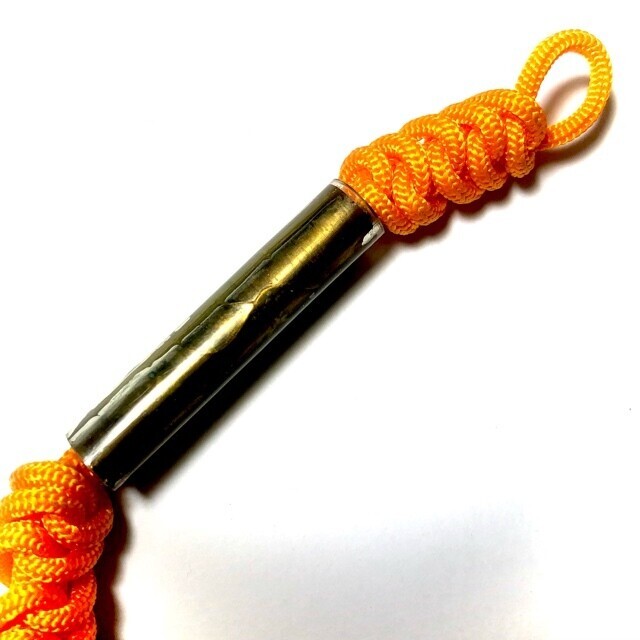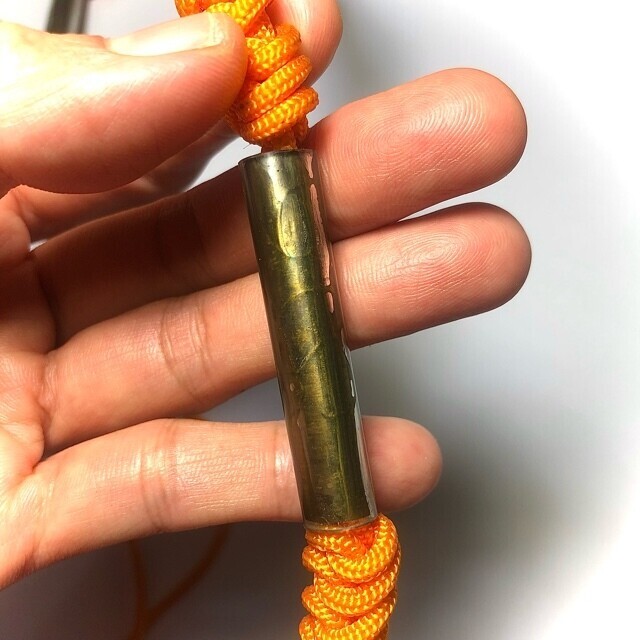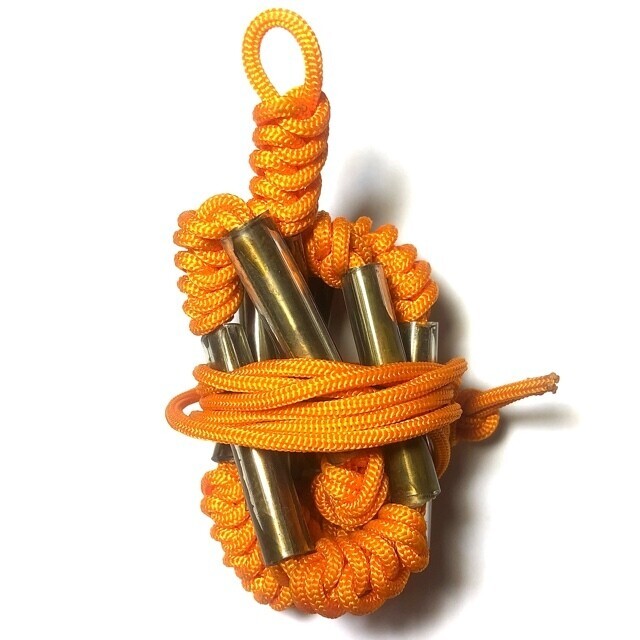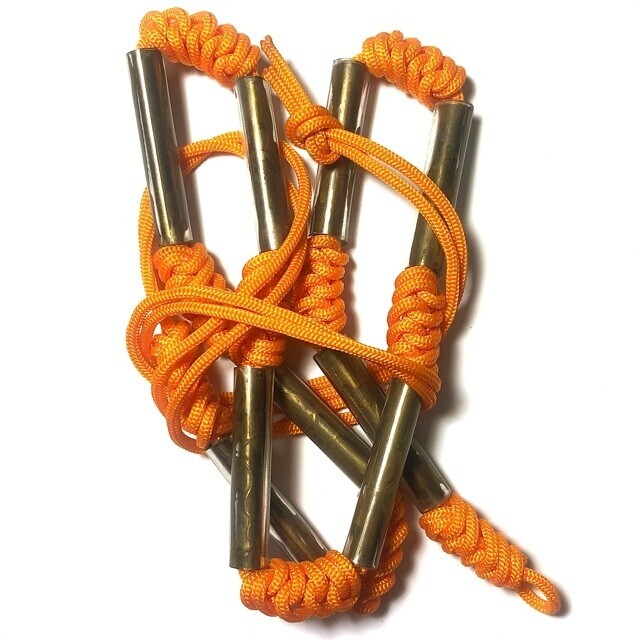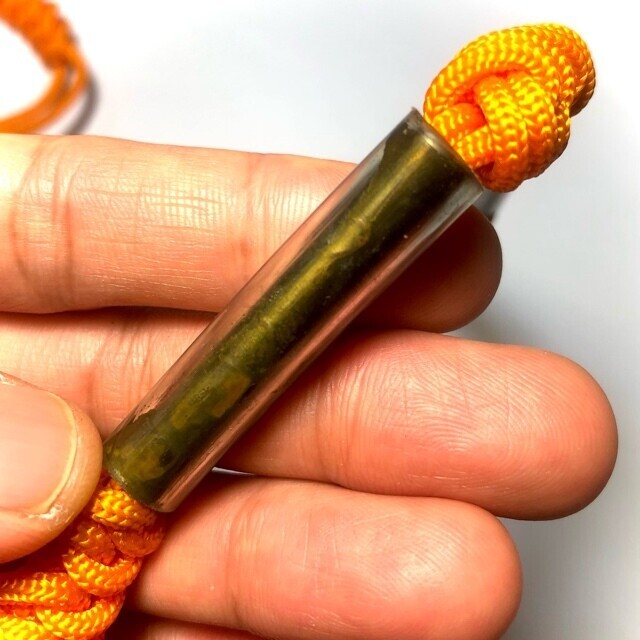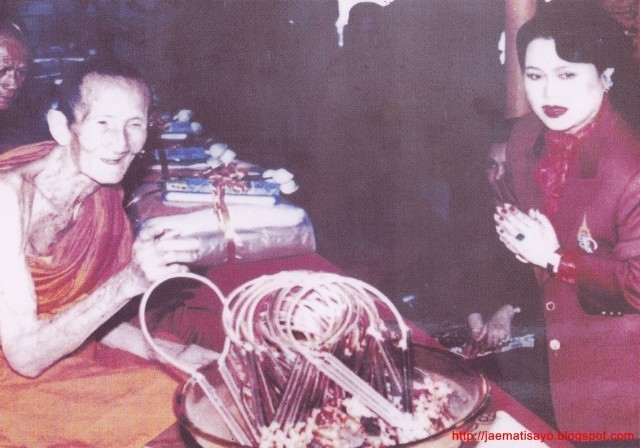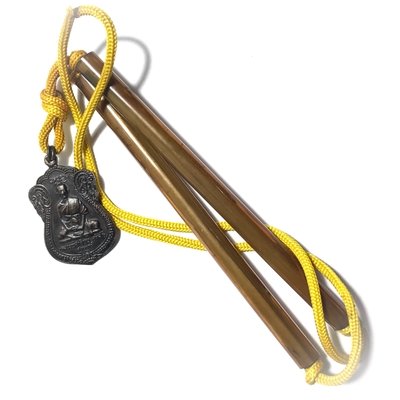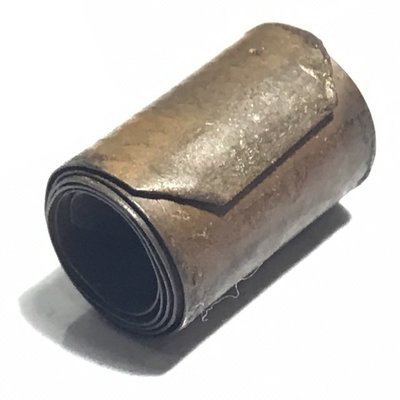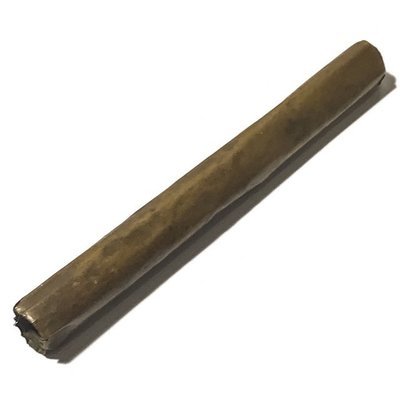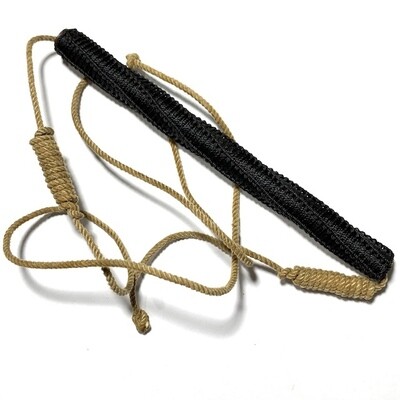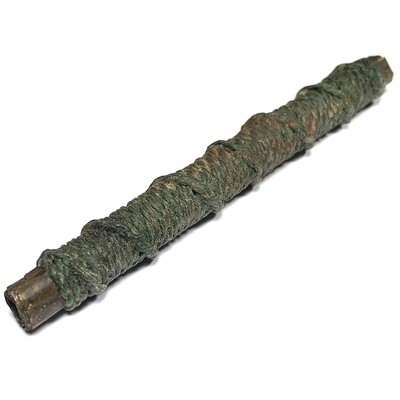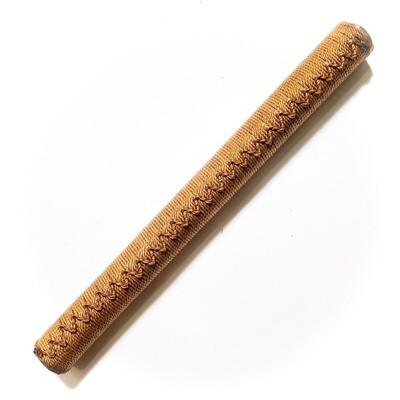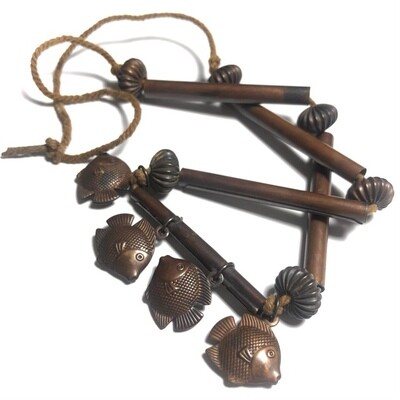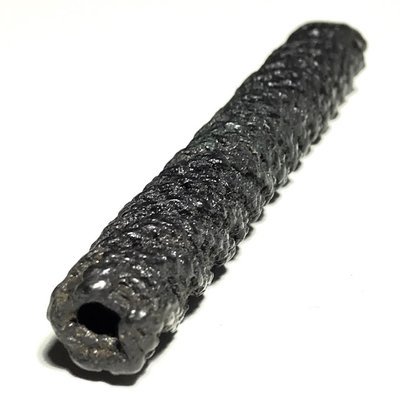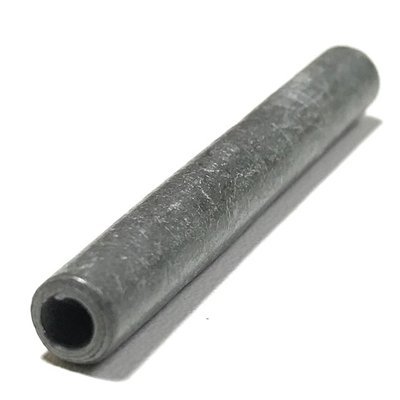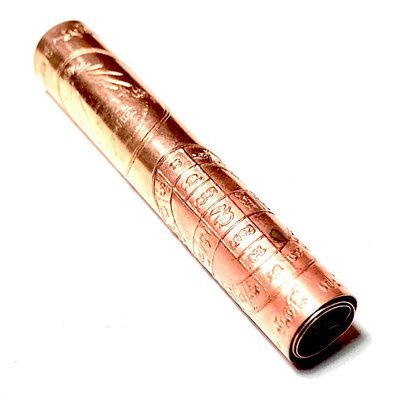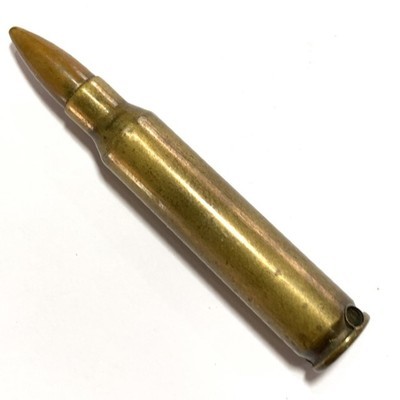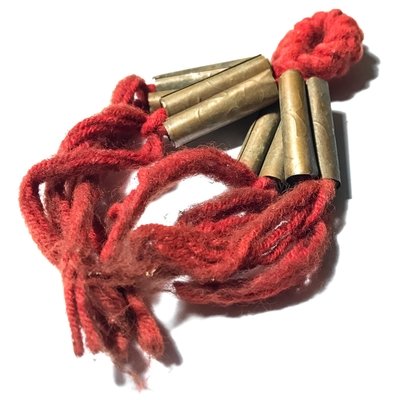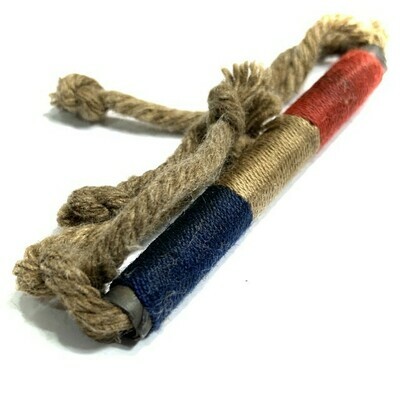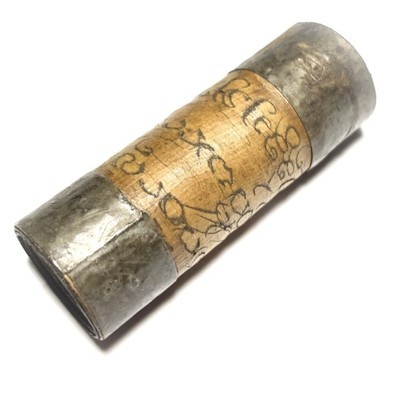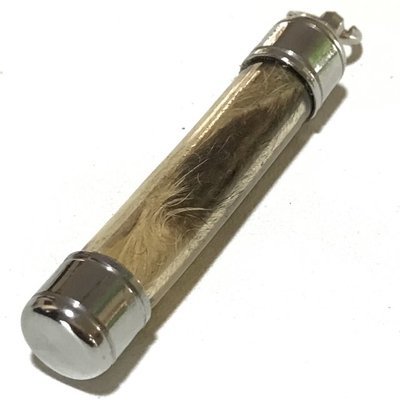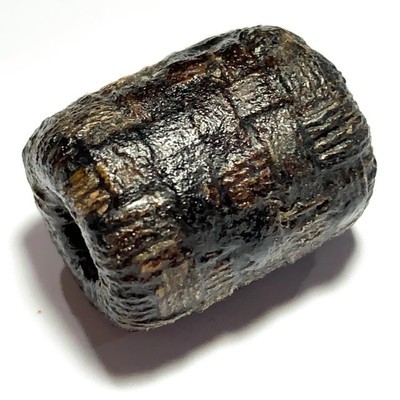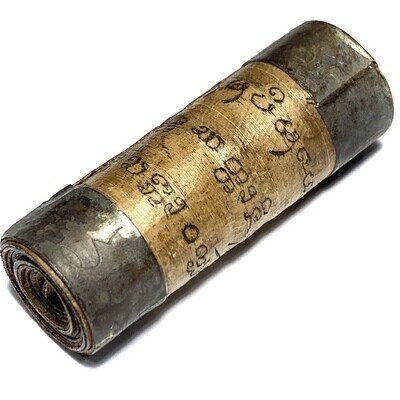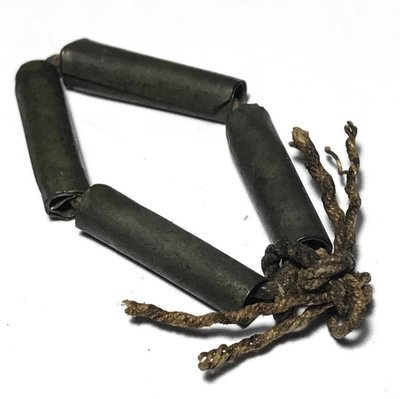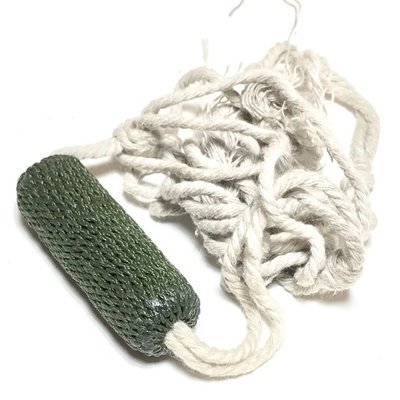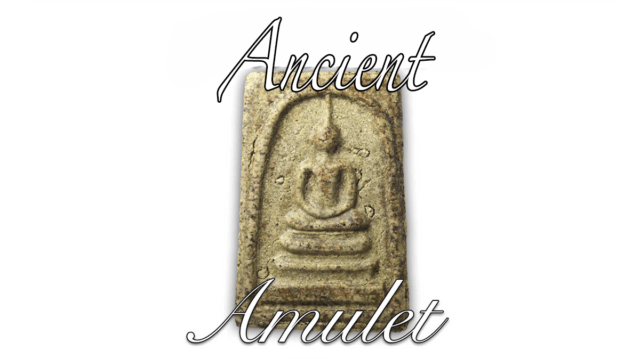
Ancient Amulet Store – Purveyors of preferred Classic Thai Buddhist Amulets for the True Devotee and Distinguished Collector
Discover the immensely deep and fascinating world of Vintage Thai Buddhist Amulets. Ancient Amulet is a long term established and internationally recognized Vintage Amulet Shop, and A Trusted Source for Classic Thai Buddhist Amulets for Devotees and Discerning Collectors, and is one of the many sub projects of informational sources created by Thai Amulet, Buddhism and Thai Occult Expert, Ajarn Spencer Littlewood . as part of his ‘Buddha Magic Project‘
Ancient Amulet provides authentic Antique and Rare Thai Amulets of the Pre and Early Post-Modern Era, of high esteem and Sacred Value, to revere, study and collect. Our Ancient Thai Buddhist Amulets are selected from the finest exhibits we can discover, and given diligent study and authentication processes. Our collection showcases time-honored amulets crafted by ancient masters, boasting captivating qualities and representing the esteemed Pra Niyom class. We offer authentic, highly valued ancient Thai Buddhist amulets from the pre and early post-modern eras, carefully selected from the finest exhibits and thoroughly examined. We invite you to study, revere, and collect these classic amulets from ancient masters, and to learn about their magical aspects and the art of amulet evaluation
Chueak Kart Aew Takrut Gao Dork 9 Prayer Water Soaked Takrut Spells on Cord Belt 2515 BE Luang Phu Jiam Wat Nong Yaw
A rare item indeed from the Great Luang Phu Jiam, Khmer Master Monk of the Surin Province - Nine Praye-Water-Soaked Takrut, bound onto a cord belt to wear around the waist, for Klaew Klaad Kong Grapan Chadtri Maha Ud Protection, with the Power of Prayer Water Immersion in Traimas (3 month Trimester) Blessing imbued within.
This compendium magic belt is composed of 9 Takrut Yantra Foil scroll spells measuring 2.5 Inches each in length, which were immersed in Holy Water for 3 Months, receiving Incantations throughout their traditional Traimas empowerment blessing.

Above Image; Batallion Commander shows his 2522 BE Second Edition Takrut Koo Rian Luang Phu Jiam amulet off as he tells that the whole regiment wear this amulet as their preferred protector, due to their faith in Luang Phu Jiam and his powers of Klaew Klaad Kong Grapan Chadtri Maha Ud. Another soldier is seen below in a parade, wearing Luang Phu Jiam's famous 'Takrut Koo Rian Luang Por Jiam Run Sorng Chae Nam Mont' amulet.
The Takrut Gao Dork, is bound to a cord belt for easy wearing. The Takrut are covered with a transparent tube, but left open ended for the magic to flow into the skin, and the cord which passes through it shall carry its energies into the skin of the devotee. This is the method used in traditional olden days fashion, where the amulet should touch the skin directly, or through a suitable medium (such as the cord). This derives from the fact that olden days folk believed to allow the power of the amulet to work with maximum power, through skin contact ('Sampat Phiw').
Below image; Luang Phu Jiam Adtisayō, of Wat Nong Yaw in Surin, emaciated in similar fashion to the classic image of the Lord Buddha as he exerted the austerities of eating one bird dropping a day until he realised the middle way. The other monk attendiing is the great Luang Phu Hongs Prohmabanyo, of Wat Petchburi (Sussaan Tung Mon), in Surin, who is paying respects to this great Khmer Monk. Luang Phu Hongs was also highly revered by the Khmer People, who believe that he saved them from a bom which fell on the village where he was staying nearby in the forest.
Biography and Patipatā of Luang Phu Jiam Adtisayō, Wat Intarasukaram (Wat Nong Yaw), in Surin Province.
The legendary Luang Phu Jiam Adtisayō (Pra Kroo Udom Worawaet), was a Surin Province master monk, who was incorruptible in his diligence of practice of the Dhamma Vinaya, and the ascetic life of the mendicant monk.
He disassociated himself from all worldly attachments, focusing on the truth of impermanence, the unsatisfactoriness of refuging in impermanent things, and the not-self nature of all things, to attain enlightenment through liberation of the awakened wisdom mind. He was endowed with powerful psychic abilities which arose through his diligence of practice, and was revered by a massive congregation of devotees.
Luang Phu Jiam was born in Ban Don Rung, in Pratia Nia municipality of the County of Mangkalaburi in the Province of Pra Dtabong, in Kampuchea. He was born on New Years Day the 1st january 2454 BE, which was a monday in the 13th phase of the lunar ascension of the second lunar month, in the year of the pig. He was the oldest child, and had two brothers and one sister.
Education
Luang Phu Jiam's primary education was at the state school in Mangkalaburi, where he was able to study Khmer and French language according to the traditional Kampuchean (Khmer) laws.When he finished his primary education and started secondary school, he had to stop after a period of only 3 months into his first year. This was due to the poverty his family were experiencing and also because of the effect the Civil War was having on his country. He then worked hard to help his family by doing farming jobs and selling wares on the markets, and raised his family's standard of living to keep them sustained throughout the time of difficulty.
When he reached the age of 26, he was married to a young girl and had four children over the years that came. As he was a lover of his country and was very sad to see what was happening to it as it was currently suffering the French Invasion and Rule, he decided to help to do something about it, and bring his country back to a state of independence. And so he moved closer to the Khmer-Thai border with his family, and joined up with a group of rebels who were forming to go and fight against the French army.
But as they fought on, and time passed, they began to receive heavy damages from the French attacks, and were forced to flee over the border into Thailand, to avoid being defeated and killed. He planned to stay in Thailand for the group to reform and return to fight a renewed struggle against the French. He entered Thailand into the province of Surin in the year 2485 BE, traveling with a Khmer monk by the name of Pra Kroo Dee. The slept outside in the forest and by the waysides as they traveled, until they reached Sangka municipality. They remained around this area and sought work doing odd jobs, and eventually ended up coming to stay at the temple of Wat Taksin Waree Siri Sukh, in Ban Lam Duan.
He offered his services and requested to be a devotee of the abbot, Luang Por Wang Tammachodto. He devoted himself to serving the needs of Luang Por Wang, and eventually, in the year 2501 BE, became so beloved by the abbot and the monks of the temple, that the abbot offered to be his sponsor and ordain him as a Bhikkhu. At this time he was already 47 years old. He was given the 'Chāyā' monk name of 'Adtisayō'.
Luang Por Wang was a famed Master of Wicha Akom (Buddha Magic), and bestowed his Wicha and their methods to Luang Phu Jiam, including the methods of empowering holy water, Takrut and other kinds of amulets. Once a year, Luang Phu Jiam would travel to learn and advance his magical Wicha with the great Luang Por Bprao Puttachodti of Wat Suwana Radtana Poti Wanaram. He learned how to bestow powerful blessings onto devotees with the spells he learned with this great Kroo Ba Ajarn of Surin.
He developed the ability to ease the sufferings of the folk with his blessings, healing illnesses, and raising the poverty stricken into prosperity with Maha Lap blessings. The faith of the people in Luang Phu Jioam himself began to rise, and his popularity spread around the province, as devotees told stories of how their lives had improved after receiving his blessings.
Below; Luang Phu Jiam receives a visit from the Royal Family
Tudong Tale
Luang Phu Jiam had now mastered his Wicha, and found his path, and so took off on Tudong forest wandering to gather his powers and fopcus them through the solitude of the forest and the detachment of constantly moving around, and not settling in one place. He traveled through the regions of Northern Thailand, the North-East, the central and West-Central Regions, and around the forests of Laos, always avoidiing the settlements, and staying close to the mountains and caves in the forest.
During these years of Tudong, he met many great Tudong Forest Masters on his travels, who became his Kroo Ba Ajarn and bestowed him with the knowledge of their Wicha. He learned from many discussions and shared experiences, how to apply the proper methods of Samatha and Vipassana Kammathāna Meditation and Introspective Mindfulness practices.
These are the true practices taught by the Buddha Sakyamuni, which lead to Enlightenment, and Arahantship. He spent a full 13 years developing his practice in this way, until one rainy retreat, he came to the temple of Wat Taksin Waree in the ear 2512 BE
Building of Wat Intrasukaram (Wat Nong Yaw)
After his stay at Wat Taksin Waree, on the 27th April, he returned to is practice of Tudong wandering, and as he was in the vicinity of Nong Yant village, the faithful devotees of the area came to where Luang Phu was meditating in the forest, and begged him to build a temple at Nong Yaw in Udom district of Choke Chai township, Sangka County of Surin Province. At fist of course he stayed in a sparse hut and developed a small 'Samnak Songk' Sangha Office.
As the temple grew in size and its facilities, what was once a small Samnak Songk forest temple, had become a true temple with all the necessary installations to serve the community and the Monkdom. The temple was officially registered legally as a temple with the name of 'Wat Intrasukaram'. Luang Phu Jiam devoted himself thereafter to teach the congregation to keep the 5 precepts of not killing, stealing, lying and slandering, adultery and intoxication, which are all unskilful acts and causes of future suffering, and to spread the Buddha-Dhamma to the folk.
Amulets (Notable Editions)
Luang Phu Jiam being a Khmer monk, who possessed the many Wicha of the Tudong Masters, was often beseeched to make amulets for the congregations. So he made his first edition of amulets, the 'Takrut Tone' with a Rian Roop Muean coin in his image, and a Pra Gaew Morakot Emerald Buddha amulet attached together on a cord as a compendium of Magical Spells and Buddhist Blessings. He would give them the amulets he would make, to increase their peace of mind, and bring them protection and prosperity.
Within a short period of time, the Legend of his amulets began to take hold, as it became apparent that the people who possessed them, were experiencing Miraculous events. This caused people to abound at the temple queuing up in throngs to beg Luang Phu Jiam for one of his Takrut with amulets attached to wear as a necklace. Luang Phu would inscribe each yantra foil individually and empower it and bind it to his amulets and give them to the devotees, to wear around their necks. Then people began to ask him to perform the exorcism of black magic curses and evil spirits, forest phantoms and ghosts, by spraying his Holy Water, so highly reputed for its Anti-Black-Magick powers.
Apart from this, many soldiers would come to ask for his Takrut and monk Coin necklace to wear into battle for Klaew Klaad Kong Grapan Chadtri Maha Ud protectio in their duty guarding the borders of the Nation. Luang Phu's amulets became the talk of the nation, and entered the news for the many miraculous tales told by devotees who wore them. Luang Phu was then overwhelmed with the needs of the many devotees.
And so in the year 2515 BE, Luang Phu gave permission for the Kana Looksit comittee of devotees of the temple, to create an official edition of amulets for Metta Mahaniyom, Maha Lap, Klaew Klaad Kong Grapan Chadtri Maha Ud Kaa Khaay Magic to help both those in need of protection, and those in need of prosperity, The Rian Roop Muean 1st edition Monk Coin was created in numbers of 7000 amulets, with 7000 Takrut on cords for attachment to the coins. In the year 2522 BE, the second edition Rian Sema was released, along with the Takrut Tone Koo Nuea Tong Daeng, so jealously guarded by the Devotees of this Inimitably pure and diligent monk, Luang Phu Jiam.
In the year 2537, Somdej pra Nang Jao Pra Boroma Rachininath Her Majesty the Queen of Thailand traveled to visit Luang Phu Jiam in a personal manner to discuss the Dhamma. On that occasion, Luang Phu Jiam gave a Pra Kring Roop Muean 'Run Rap Sadej' (Royal Visitation Edition) amulet to Her Majesty as a Memento, from the edition he had made for this occasion.
IN the year 2546, Luang Phu Jiam gave permission once more to create a new edition of amulets, called the 'Run Munlaniti Adtisayō' (Adtisayo Foundation Inauguration Edition).. This edition was marked especially of interest, as it which was made in the ancient 'Lor Boran' method of alchemical metallurgy.
Below; Her Majesty the Queen with Luang Phu Jiam, with his famous Takrut amulets in the foreground.
When counting the official editions made by Luang Phu Jiam himself, and those made by his Devotee Comittee, somewhere around 50 different editions of amulets can be confirmed to exist. His amulets are far and few to come across these days, and are highly treasured by those who have the good fortune and honour to possess one of the amazing amulets of Luang Phu Jiam Adtisayō. On Friday 1st September 2549 BE, Luang Phu Jiam passed away, and the Monks of Wat Intrasukaram sounded the gong to let the devotees know that they had lost their beloved Kroo Ba Ajarn, who had passed on to the next Realm of existence. He was cremated after a 15 day period of mourning where he was placed on show in a glass coffin for his devotees to bid farewell and receive his blessings from beyond the grave
